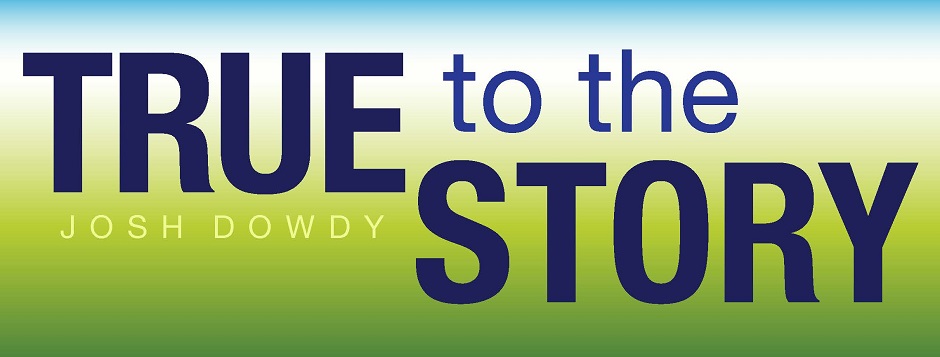News You Could Use
For example, last week I saw a video of how to fold a cereal box top into itself so that it looks like you picked it up at a bakery. I guess the idea was that if you fold the box this way, it won't pop open on its own. The video was sort of watchable, but I knew I would never try to learn cereal-box origami.I was one time convinced—for about a second—by a similar video. I thought I was going to show my kids an artsy way to tie their shoes. I never did. It was news I could use, but I didn't. Have you ever found this kind of news in a sermon or "Christian" book?
It often shows up as self-efficacy—the idea that the results you get are determined mostly by the effort you put in, rather than by outside factors. For example, even if the other guy or gal up for promotion is dating the boss's daughter or son, if you really believe that your success depends on your commitment to excellence, then you're going to have more success than if you focus on the office politics. There's nothing wrong with that way of thinking, but proclaiming self-efficacy is not the church's mission.
News That Can Use You
Self-efficacy is news you could use. The Good News is that Jesus our Lord "was delivered up for our trespasses and raised for our justification" (Romans 4:25). The gospel is not news you can use. It is news that can use you. The gospel can make your life a testimony to God's goodness.Keep an eye out in the messages from your church and others. Notice whether they're giving you good news, or just news you could use (but probably won't). Keep a close eye on bloggers, too!









